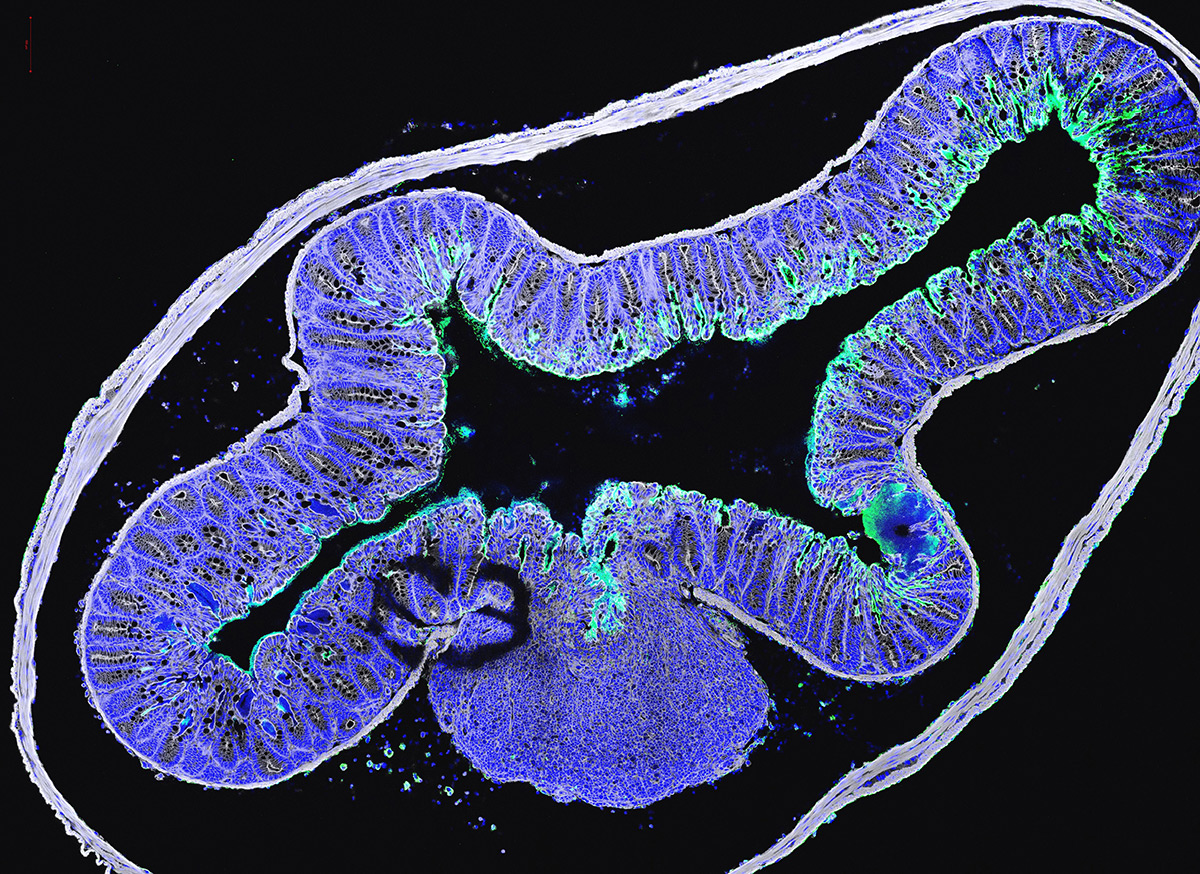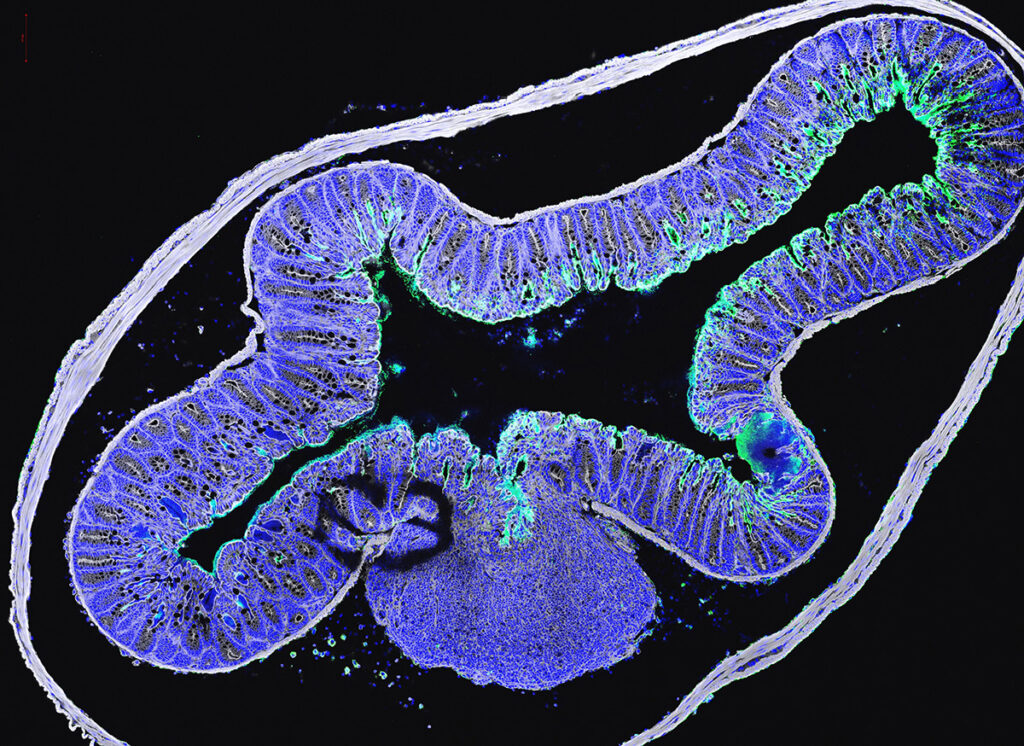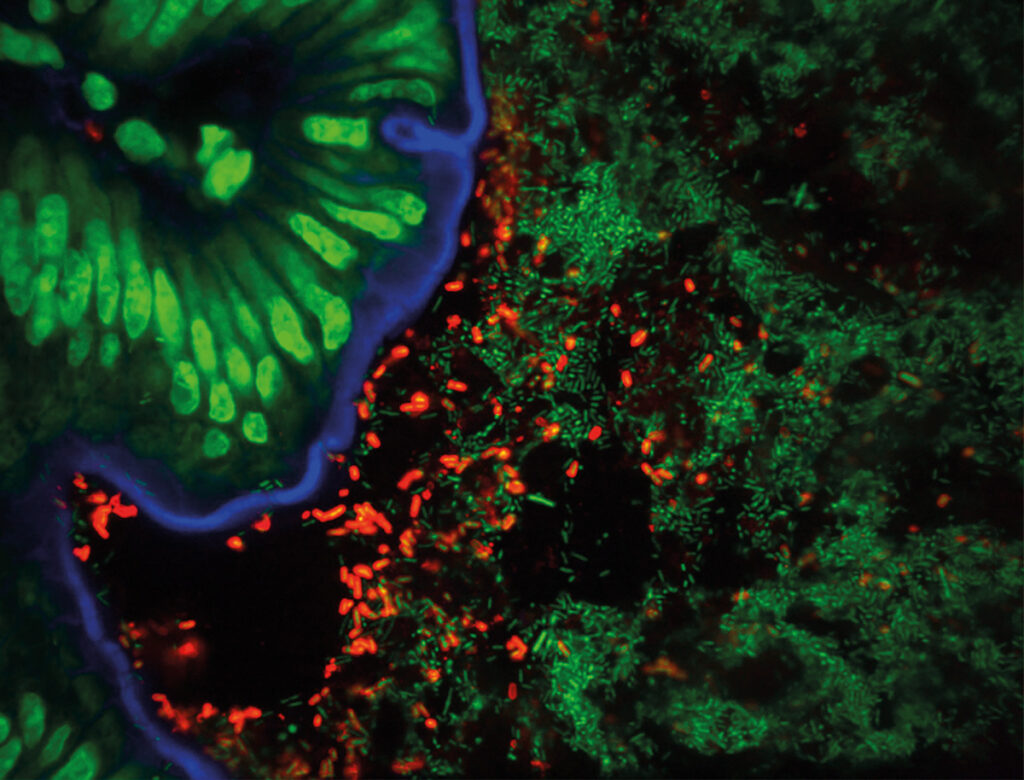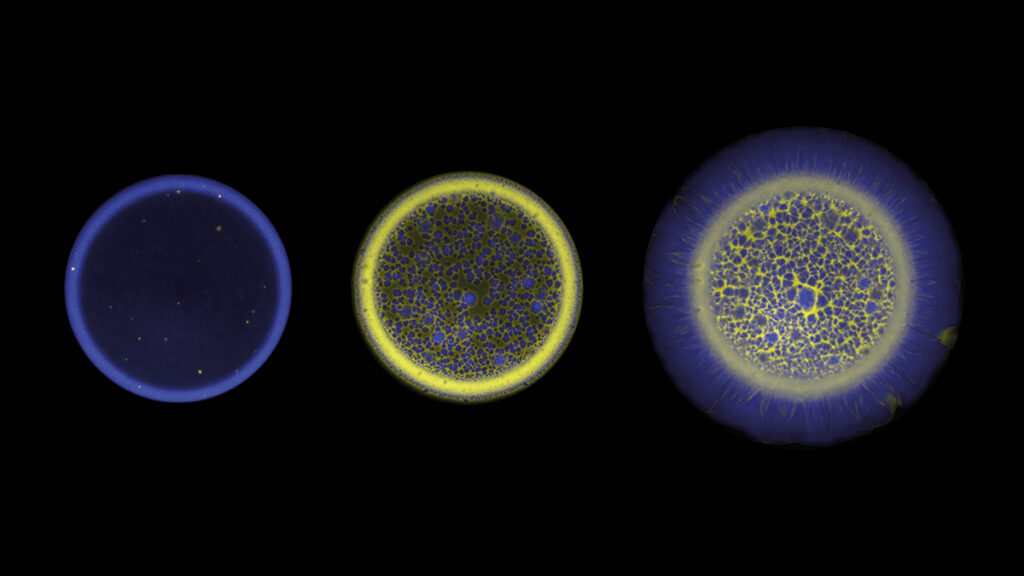Microbes are everywhere!

We mostly associate microbes with disease. Indeed, some viruses, bacteria or fungi can cause diverse and severe diseases. But the vast majority of microbes around us are essential for life: The bacteria that live in our intestines help to digest food and produce vitamins. Inoffensive bacteria are key for the development of our immune defense, and they protect against pathogens.

Microbes also help plants absorb nutrients from the soil that are essential for their growth. In our sewage treatment plants, microbes clean wastewater before it is discharged into lakes and rivers. In our factories, they produce medicines and chemicals. Microbes turn milk into yogurt or cheese, flour into bread, and grape juice into wine…
Most microbes do not work alone: they form large communities where many different species interact and depend on each other. Life on Earth would be impossible without these microbial communities.
The NCCR Microbiomes brings together researchers from ETH Zurich, University of Zurich, and four other Swiss research institutions. We study microbial communities to understand how they are formed, how they function and how they evolve. We want to use this knowledge to help rebuilding some of their many functions in case microbiomes are disturbed, by antibiotics or pollution, or by mismanagement. In the future, we aim to produce tailor-made communities with specific capabilities to sustain a bio-based economy.



